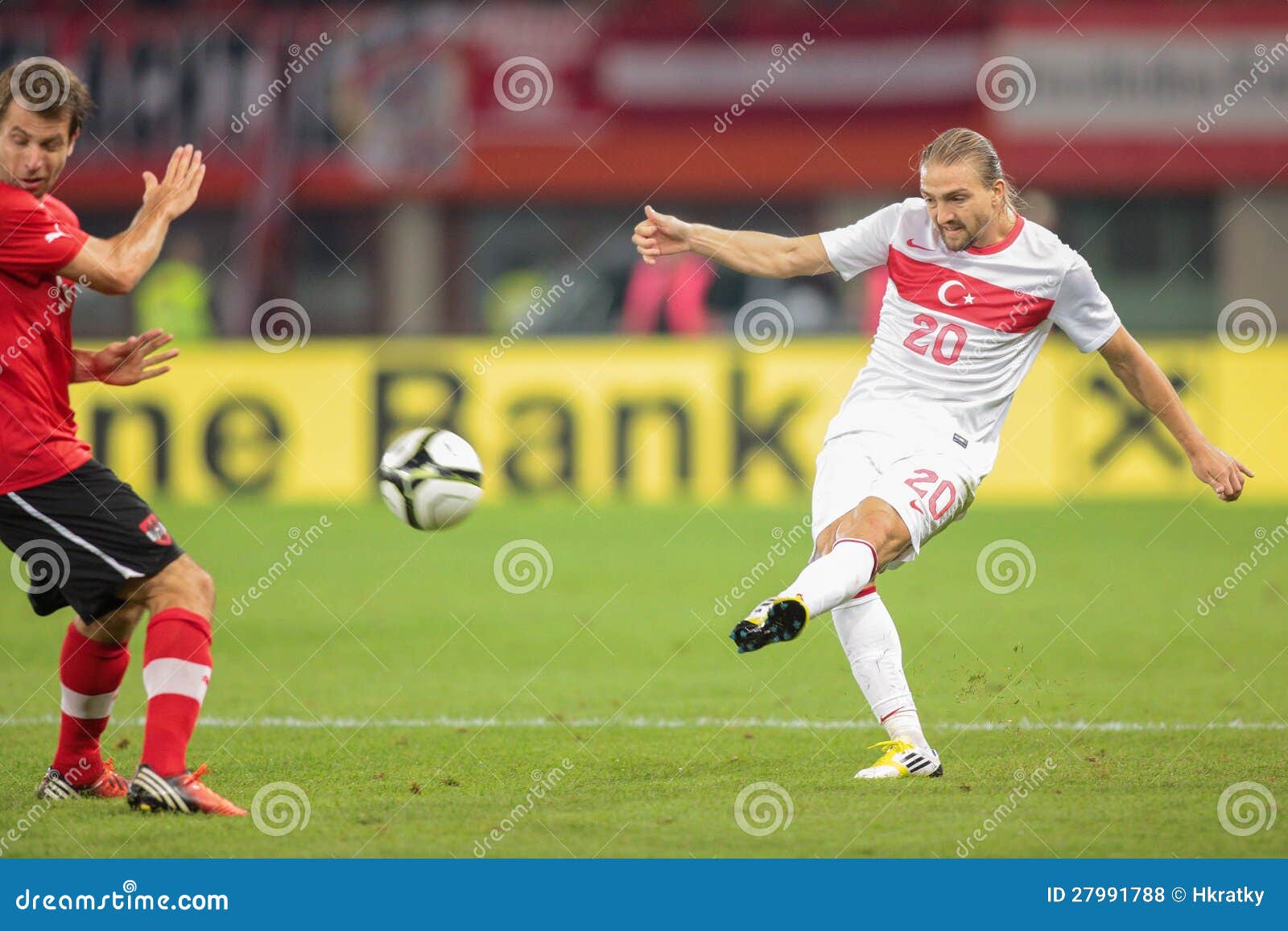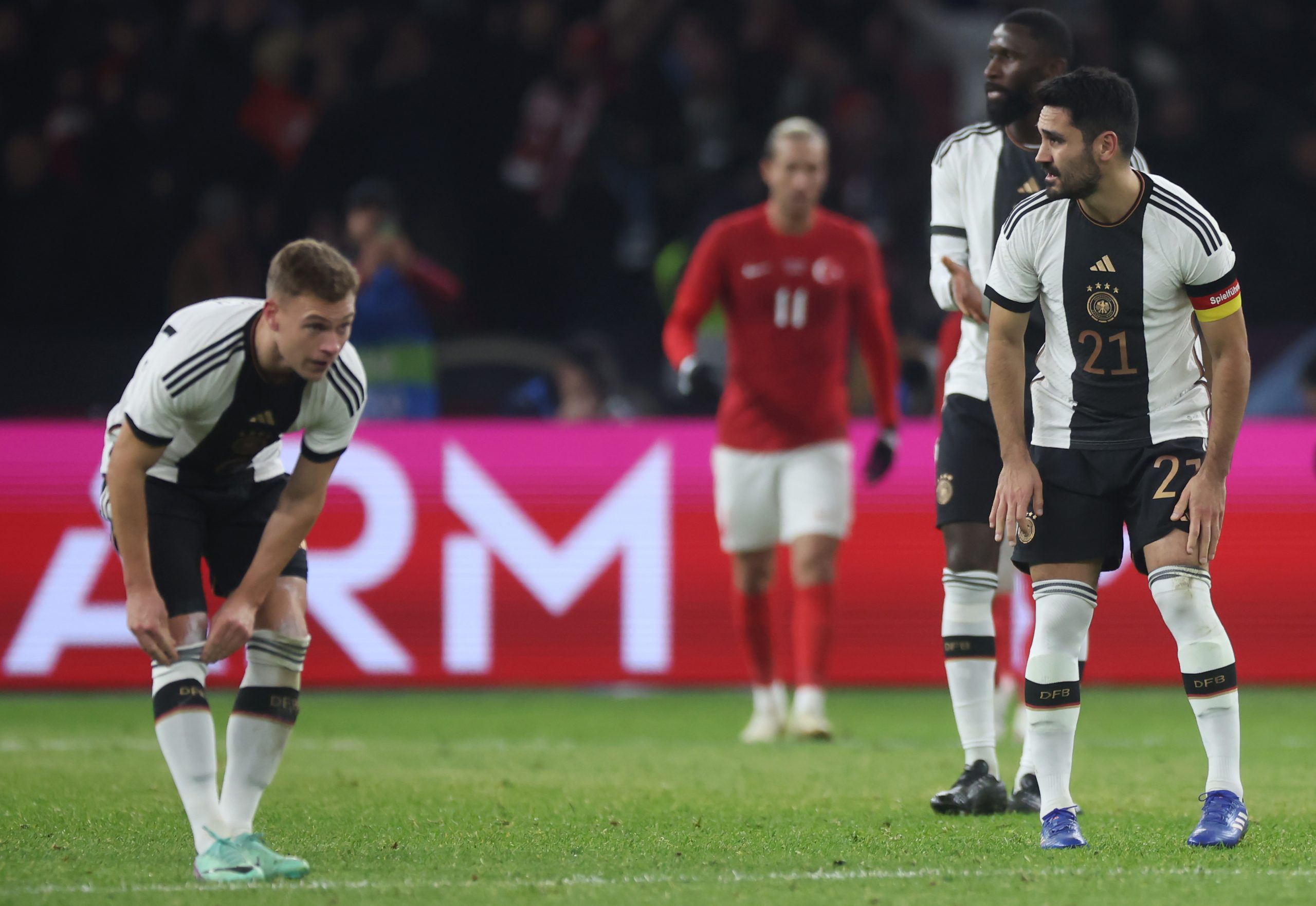Historical and Cultural Comparison

Turkey vs austria – The relationship between Turkey and Austria has spanned centuries, shaped by historical events, cultural influences, and political and economic ties. This complex history has left an imprint on both nations, influencing their identities and interactions in the present day.
Historical Timeline
- 16th Century: The Ottoman Empire conquers Hungary, bringing it into conflict with the Habsburg Empire, which ruled Austria.
- 1683: The Battle of Vienna marks a turning point, with the Ottoman Empire’s defeat by a coalition of European forces led by Austria.
- 18th Century: The Ottoman Empire and Austria engage in a series of wars, with Austria gradually gaining territory in the Balkans.
- 19th Century: The Ottoman Empire and Austria become allies against Russia in the Crimean War.
- 20th Century: Austria-Hungary collapses after World War I, and Turkey emerges as a new republic.
- Present Day: Turkey and Austria maintain diplomatic relations and cooperate on economic and cultural initiatives.
Cultural Differences and Similarities
Turkey and Austria share a rich cultural heritage, influenced by their respective Ottoman and Habsburg pasts. However, there are also distinct differences in their traditions, beliefs, and social norms.
- Religion: Turkey is predominantly Muslim, while Austria is predominantly Christian (Catholic and Protestant).
- Language: Turkish is spoken in Turkey, while German is spoken in Austria.
- Architecture: Turkey is known for its Ottoman-style mosques and palaces, while Austria is known for its Baroque and Gothic churches and palaces.
- Cuisine: Turkish cuisine features a blend of Middle Eastern and Mediterranean flavors, while Austrian cuisine is influenced by German, Hungarian, and Slavic traditions.
Political and Economic Ties, Turkey vs austria
Turkey and Austria have established strong political and economic ties over the years.
- Political Cooperation: Both countries are members of the United Nations and the Organization for Security and Co-operation in Europe (OSCE).
- Economic Cooperation: Austria is one of Turkey’s largest trading partners, and Turkish companies have invested heavily in Austria.
- EU-Turkey Relations: Austria supports Turkey’s bid to join the European Union, although negotiations have been ongoing for many years.
Economic and Diplomatic Relations: Turkey Vs Austria

Turkey and Austria share strong economic and diplomatic ties. They are both members of the European Union and the Organization for Economic Cooperation and Development (OECD), and they cooperate closely on a range of issues, including trade, investment, and security.
Turkey’s economy is one of the largest in Europe, with a GDP of $815 billion in 2021. The country has a diverse economy, with key industries including textiles, automobiles, electronics, and tourism. Austria’s economy is smaller, with a GDP of $477 billion in 2021. The country is known for its strong manufacturing sector, which includes companies such as Magna Steyr and Voestalpine.
Trade Relations
Turkey and Austria have a strong trade relationship. In 2021, Turkey exported $1.5 billion worth of goods to Austria, while Austria exported $1.2 billion worth of goods to Turkey. The two countries primarily trade in machinery, vehicles, and chemicals.
Investment Opportunities
There are significant investment opportunities in both Turkey and Austria. Turkey is a rapidly growing economy with a young and dynamic population. The country offers a number of incentives to foreign investors, including tax breaks and investment guarantees.
Austria is a stable and prosperous country with a skilled workforce and a strong infrastructure. The country is a member of the European Union, which provides access to a market of over 500 million people.
Diplomatic Ties
Turkey and Austria have close diplomatic ties. The two countries have embassies in each other’s capitals, and they cooperate closely on a range of issues, including trade, investment, and security.
Turkey and Austria are both members of the United Nations and the Council of Europe. They also cooperate closely within the framework of the Organization for Security and Cooperation in Europe (OSCE).
| Turkey | Austria | |
|---|---|---|
| GDP (2021) | $815 billion | $477 billion |
| Trade Volume (2021) | $2.7 billion | $2.7 billion |
| Foreign Direct Investment (2021) | $15 billion | $10 billion |
The clash between Turkey and Austria on the football pitch was a spectacle to behold. Both teams fought tooth and nail, but in the end, it was Turkey who emerged victorious. This victory was a testament to the team’s determination and skill, and it has given them a much-needed boost of confidence.
The team is now looking ahead to their next match, which will be against Mexico. Mexico is a strong team, but Turkey is confident that they can get the win. They have been training hard, and they are ready to give it their all.
To learn more about Mexico’s football team, visit bielsa mexico. The match between Turkey and Austria was a hard-fought battle, but in the end, Turkey emerged victorious. They are now looking ahead to their next match against Mexico, and they are confident that they can get the win.
The clash between Turkey and Austria on the football pitch was a spectacle of skill and determination. Yet, as the match reached its climax, my mind wandered to another rivalry that captivated the hearts of South Americans: Bolivia vs Uruguay.
The passion and intensity on display in Bolivia vs Uruguay rivaled that of the Turkey-Austria clash, reminding me that sporting battles transcend geographical boundaries, uniting fans in a shared love for the beautiful game.